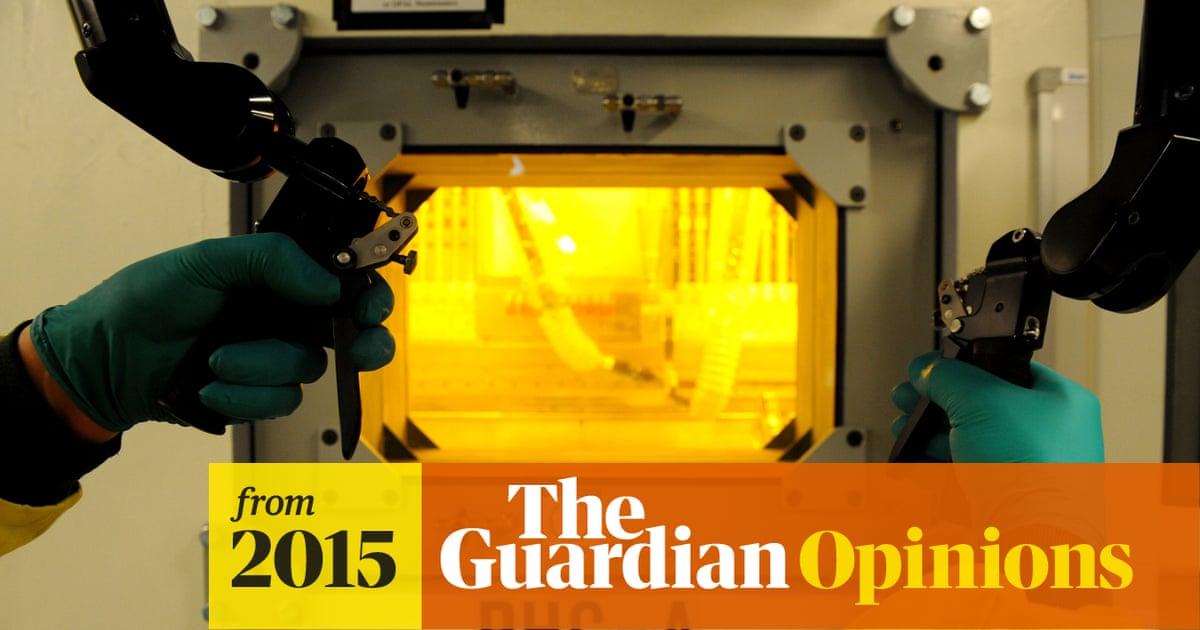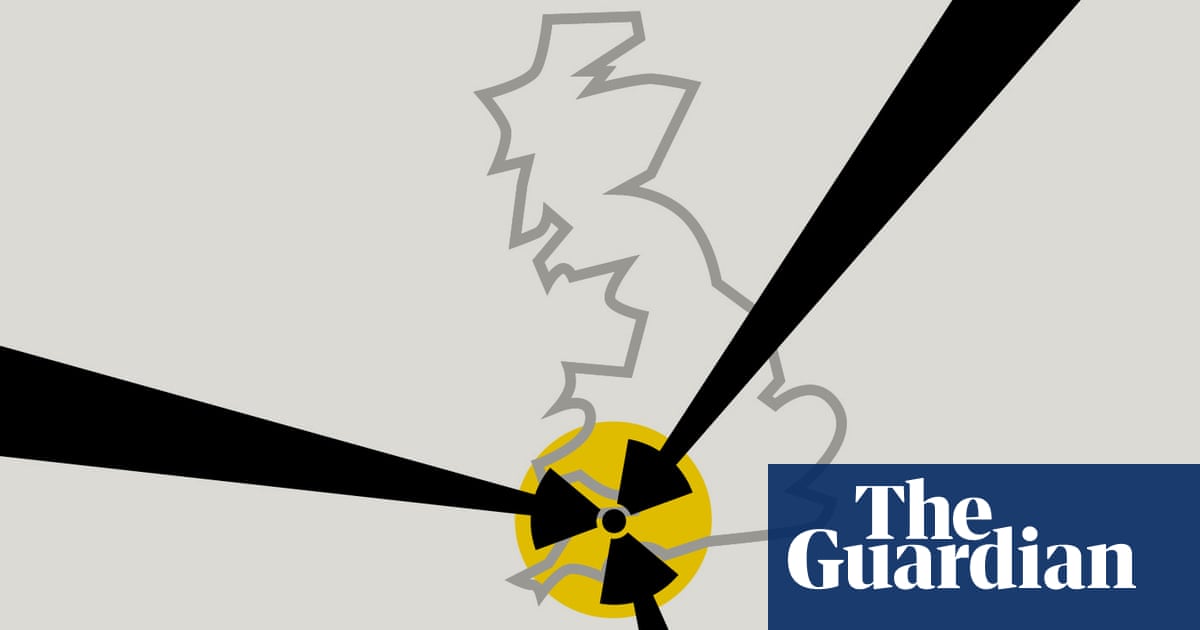Not even the BEST argument against wind and solar. Price is only an issue because the stuff has been heavily subsidized for decades and THAT doesn't show in the "costs". There's also the cost to make wind and solar even MARGINALLY reliable for which the article in the OPost completely bypasses.
When you BUY wind and solar -- you're paying for 200% capacity above the placarded generation maximum that the grid will NEVER SEE. Solar is limited by latitude, season, time of day, weather. Wind is limited by completely flaky reliability in terms of LEVEL of generation.
For BOTH -- the ACTUAL generation is about 33% of the amount YOU BOUGHT. And wind is so entirely flaky that you cannot even SCHEDULE deliveries 12 hours from now.
When reasonable people with some investment in understanding of why solar and wind are ALTERNATIVES TO NOTHING -- and are only "supplements" -- hear that all this is gonna be "fixed" by massive fielding of battery back-up -- that's cringe-worthy. Because lithium batteries are NOT a power source. THey are a power DRAIN on the grid. And to CHARGE them would require likely TWICE as much wind and/or solar to charge them AND simultaneous produce at their best capacity for the week. Not to mention that storage of more than couple hours WOULD RAPE THE PLANET of the "rare earths" and components that need to be found and mined.
Large battery storage at those high charge/discharge rates LIMIT the lifetime of MEGATONS of batteries to 12 or 14 years. So the TOXIC WASTE stream from THIS bad idea, in conjunction with the OTHER BAD idea of moving the transport sector to the grid --- would BE an environmental nightmare.
What we HAVE NOW is an energy system designed by POLITICAL leadership who wont relent to valid arguments on WHY wind and solar are NOT replacements for what we have. Or that we COULD achieve "zero emissions" by field 3rd/4th smaller scale nuclear with a HELL less of environmental impact.
TRUE environmentalists take this SAME STAND. The "godfather" of GW, James Hansen, has repeatedly joined with famous environmentalist to make these points that I just made. In HIS words:
To those influencing environmental policy but opposed to nuclear power:

edition.cnn.com
Dr. Ken Caldeira, Senior Scientist, Department of Global Ecology, Carnegie Institution
Dr. Kerry Emanuel, Atmospheric Scientist, Massachusetts Institute of Technology
Dr. James Hansen, Climate Scientist, Columbia University Earth Institute
Dr. Tom Wigley, Climate Scientist, University of Adelaide and the National Center for Atmospheric Research
Editor's note: Climate and energy scientists James Hansen, Ken Caldeira, Kerry Emanuel and Tom Wigley released an open letter Sunday calling on world leaders to support development of safer nuclear power systems.
To those influencing environmental policy but opposed to nuclear power:
As climate and energy scientists concerned with global climate change, we are writing to urge you to advocate the development and deployment of safer nuclear energy systems. We appreciate your organization's concern about global warming, and your advocacy of renewable energy. But continued opposition to nuclear power threatens humanity's ability to avoid dangerous climate change.
We call on your organization to support the development and deployment of safer nuclear power systems as a practical means of addressing the climate change problem. Global demand for energy is growing rapidly and must continue to grow to provide the needs of developing economies. At the same time, the need to sharply reduce greenhouse gas emissions is becoming ever clearer. We can only increase energy supply while simultaneously reducing greenhouse gas emissions if new power plants turn away from using the atmosphere as a waste dump.
ALSO ---
To solve the climate problem, policy must be based on facts and not prejudice. Alongside renewables, Nuclear will make the difference between the world missing crucial climate targets or achieving them

www.theguardian.com
Nuclear power, particularly next-generation nuclear power with a closed fuel cycle (where spent fuel is reprocessed), is uniquely scalable, and environmentally advantageous. Over the past 50 years, nuclear power stations – by offsetting fossil fuel combustion – have avoided the emission of an estimated 60bn tonnes of carbon dioxide. Nuclear energy can power whole civilisations, and produce waste streams that are trivial compared to the waste produced by fossil fuel combustion. There are technical means to dispose of this small amount of waste safely. However, nuclear does pose unique safety and proliferation concerns that must be addressed with strong and binding international standards and safeguards. Most importantly for climate, nuclear produces no CO2 during power generation.
To solve the climate problem, policy must be based on facts and not on prejudice. The climate system cares about greenhouse gas emissions – not about whether energy comes from renewable power or abundant nuclear power. Some have argued that it is feasible to meet all of our energy needs with renewables. The 100% renewable scenarios downplay or ignore the intermittency issue by making unrealistic technical assumptions, and can contain high levels of biomass and hydroelectric power at the expense of true sustainability. Large amounts of nuclear power would make it much easier for solar and wind to close the energy gap.
The climate issue is too important for us to delude ourselves with wishful thinking. Throwing tools such as nuclear out of the box constrains humanity’s options and makes climate mitigation more likely to fail. We urge an all-of-the-above approach that includes increased investment in renewables combined with an accelerated deployment of new nuclear reactors.





